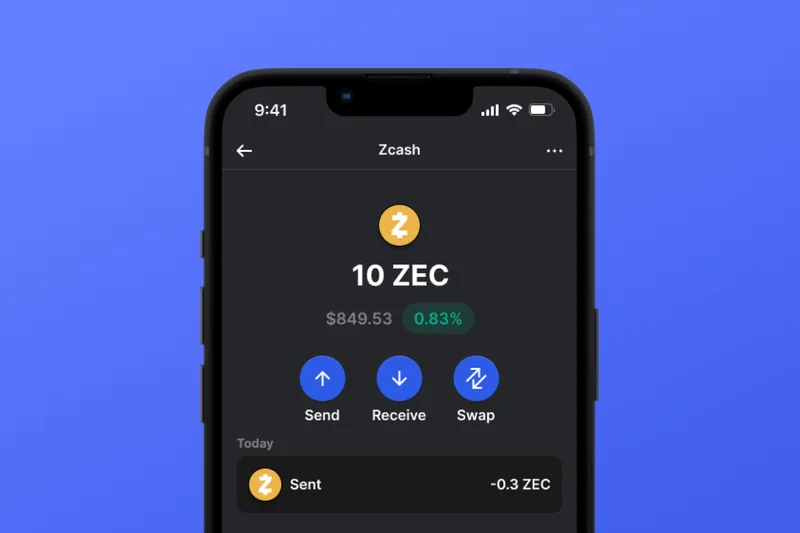Article Directory
Zcash's Wild Ride: Privacy Concerns or Just Another Crypto Pump?
Zcash, a privacy-focused cryptocurrency, has seen a meteoric rise recently. The token surged 33% on Friday, hitting a high of nearly $735. This isn't just a blip; it's a tenfold increase in price over just five weeks. Fifty-one million in short positions liquidated. Those are the numbers, but what's driving this frenzy, and is it sustainable?
The Privacy Narrative vs. Market Realities
The prevailing narrative points to growing privacy concerns surrounding Bitcoin. The argument goes that increasing centralization and corporate influence are pushing investors toward alternatives like Zcash, which uses zero-knowledge proofs to enable anonymous transactions. This is a compelling story, and the timing does seem to align with heightened anxieties.
Consider the recent sentencing of Keonne Rodriguez, a developer behind the Bitcoin privacy app Samourai Wallet. He received a five-year prison sentence for operating an unlicensed money transmitter. The maximum possible, I might add. This event, coinciding with Zcash's surge, suggests a direct correlation. But correlation isn't causation. The market sentiment could be latching onto this event as a convenient justification for a broader trend – a classic case of narrative bias.
The numbers show that Zcash liquidations ranked third in crypto on Friday, behind only Bitcoin and Ethereum. While this highlights significant market activity, it also underscores the relative scale. Bitcoin and Ethereum liquidations dwarfed Zcash, with $150 million and $146 million respectively, compared to Zcash's $59 million. (These figures, while substantial, need to be contextualized within the overall crypto market.)

A Deeper Dive into Zcash's Fundamentals
Let's not forget Zcash's history. Friday's peak was the highest since January 2018, but it's still 79% below its all-time high of $3,191 set in 2016. This context is crucial. The current surge, while impressive, is a recovery from a long period of relative obscurity. For over three years, the token hovered around $40. The question isn't just why it's rising now, but why it remained so low for so long. Privacy Coin Zcash Continues Historic Surge, Nearing 8-Year High Price.
I've looked at dozens of these charts, and this pattern—a sudden, dramatic spike after years of flatlining—is a classic sign of a speculative bubble. It's not necessarily a condemnation, but it demands caution. What fundamental changes have occurred in Zcash's technology or adoption to justify a tenfold increase in value? The privacy narrative is strong, but is it enough to sustain this level of growth?
Another aspect worth considering is Zcash's market capitalization. At around $11 billion, it's the largest privacy-focused crypto token. This dominance could be a self-fulfilling prophecy. As privacy concerns rise, investors naturally gravitate towards the largest player in the space, further fueling its growth. But this also makes it a target for regulators.
I'm not saying Zcash is doomed. The underlying technology has merit, and the demand for privacy is undoubtedly growing. But the speed and magnitude of this surge raise red flags. It feels less like a fundamental shift and more like a speculative frenzy driven by a compelling narrative.
Is Privacy Really Worth $700?
Here's the inconvenient truth: while privacy is valuable, its worth is ultimately determined by market forces. And right now, those forces seem driven more by fear of missing out than a rational assessment of Zcash's long-term potential.
